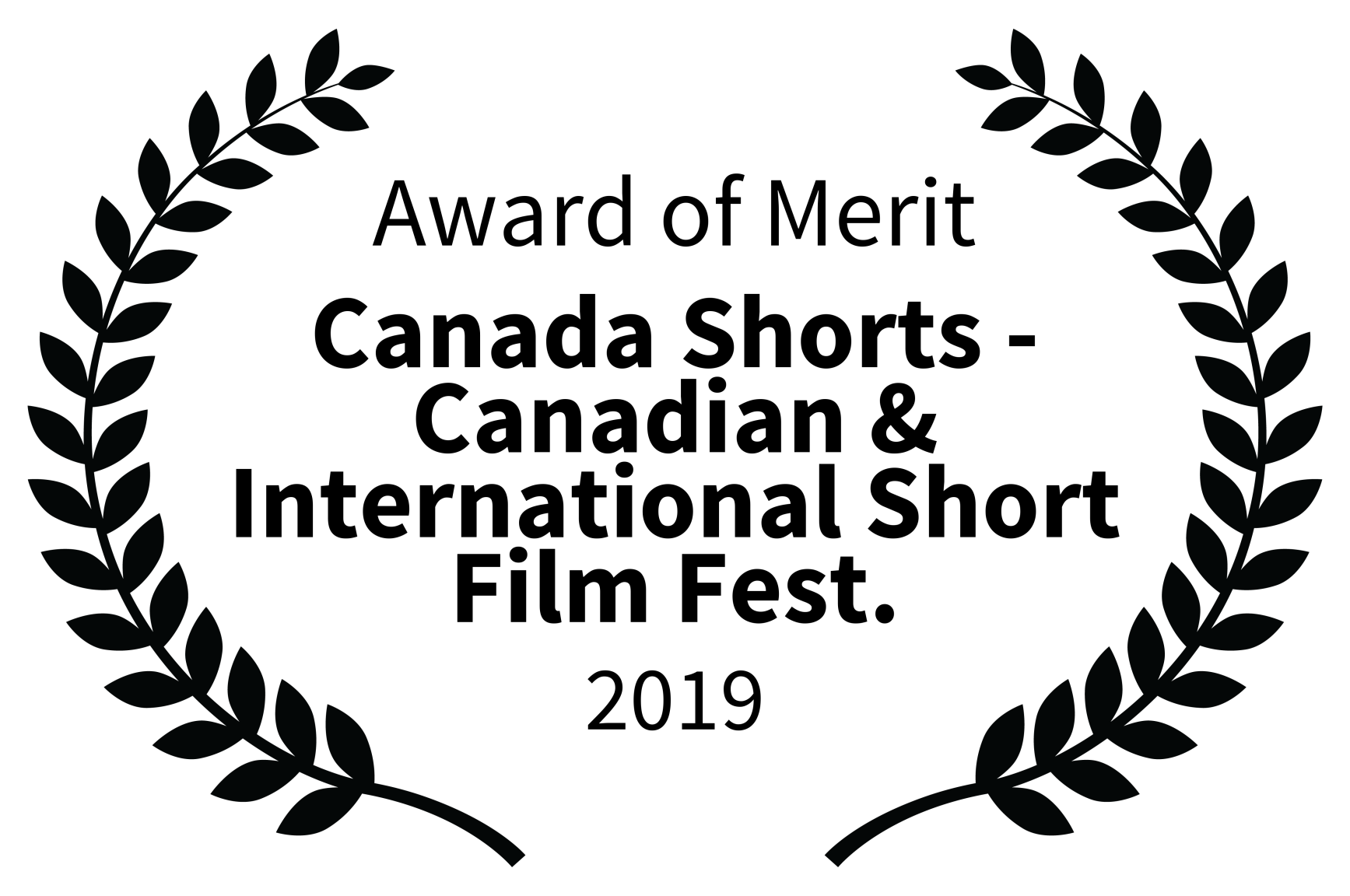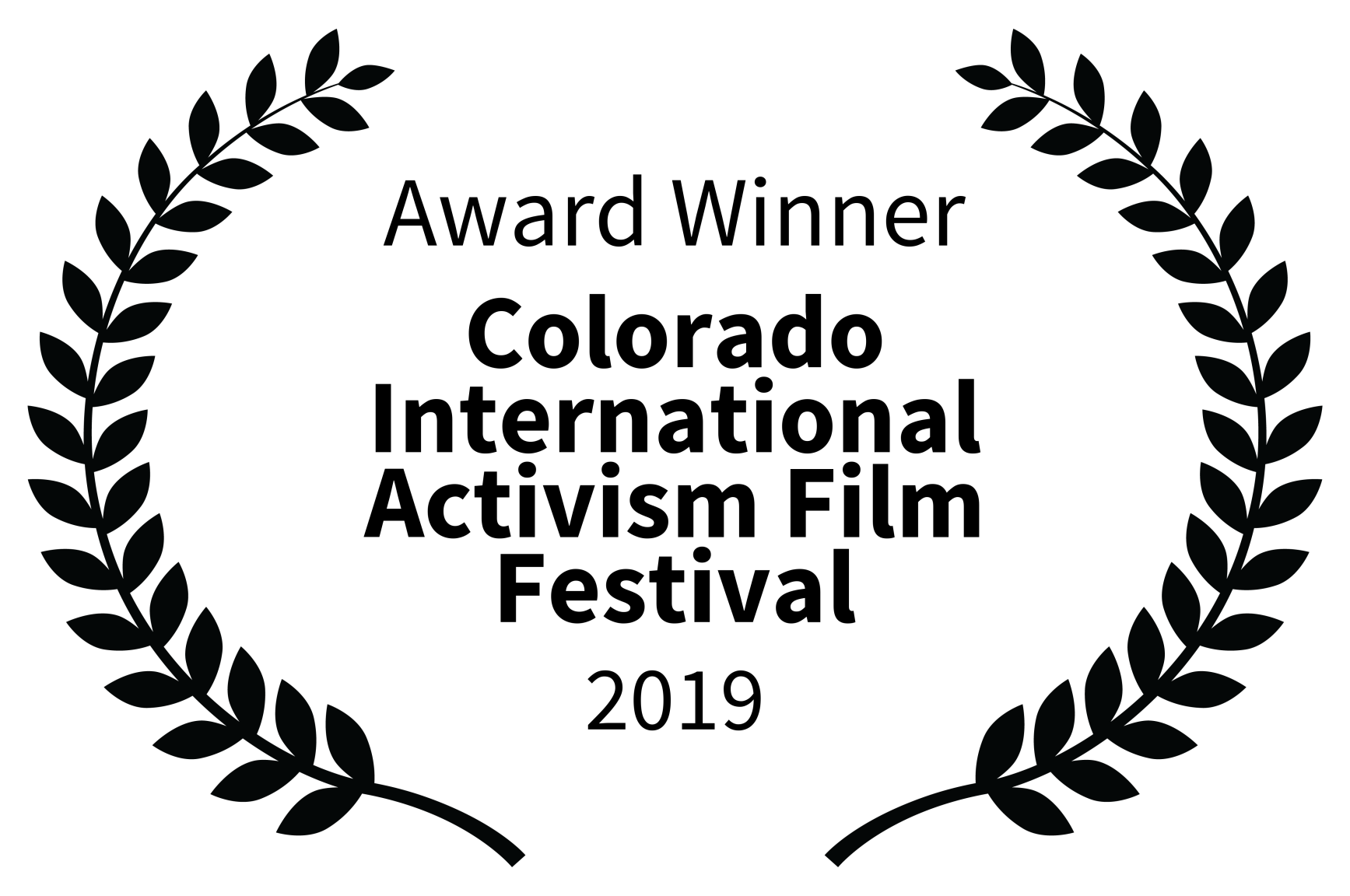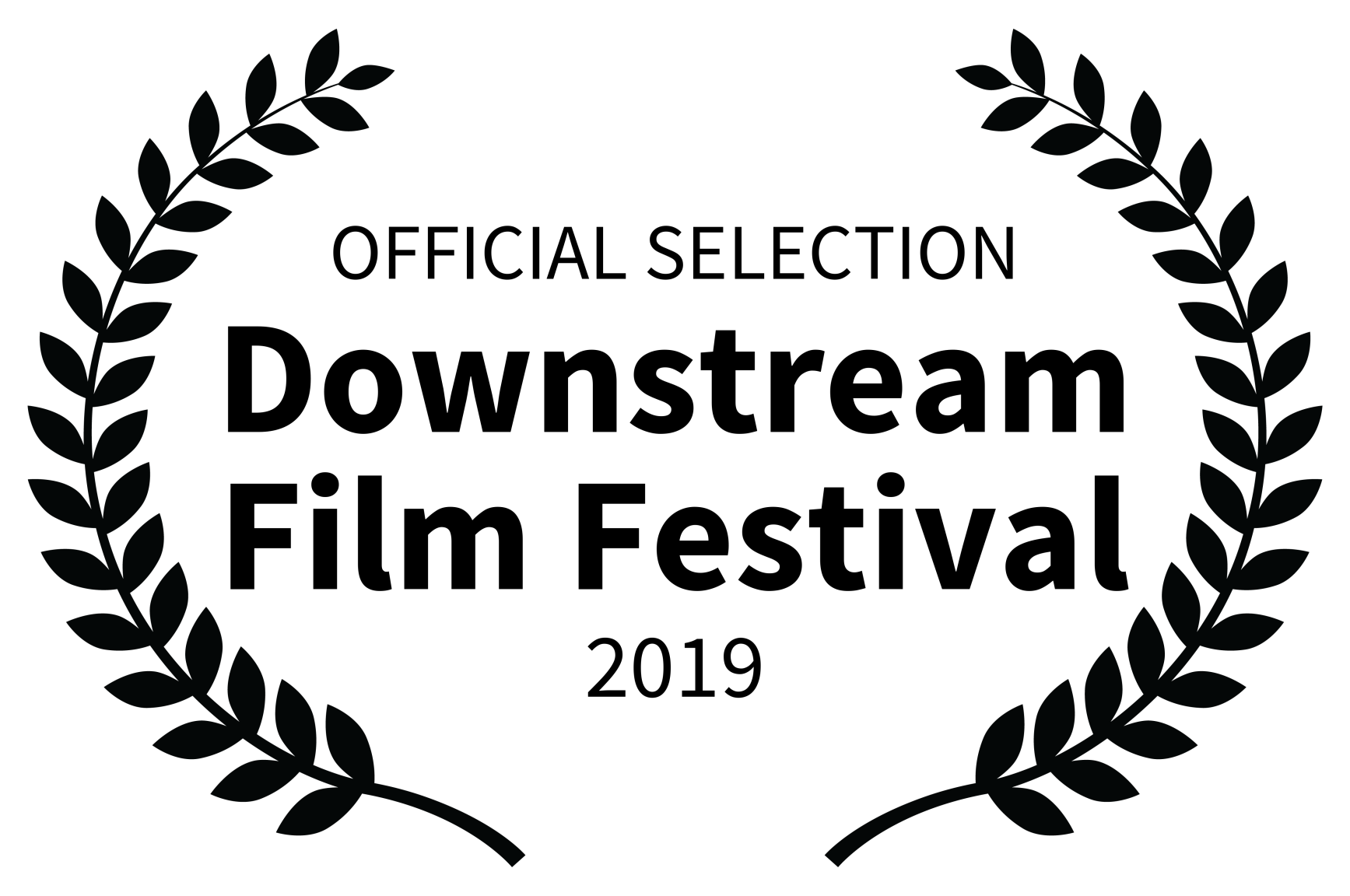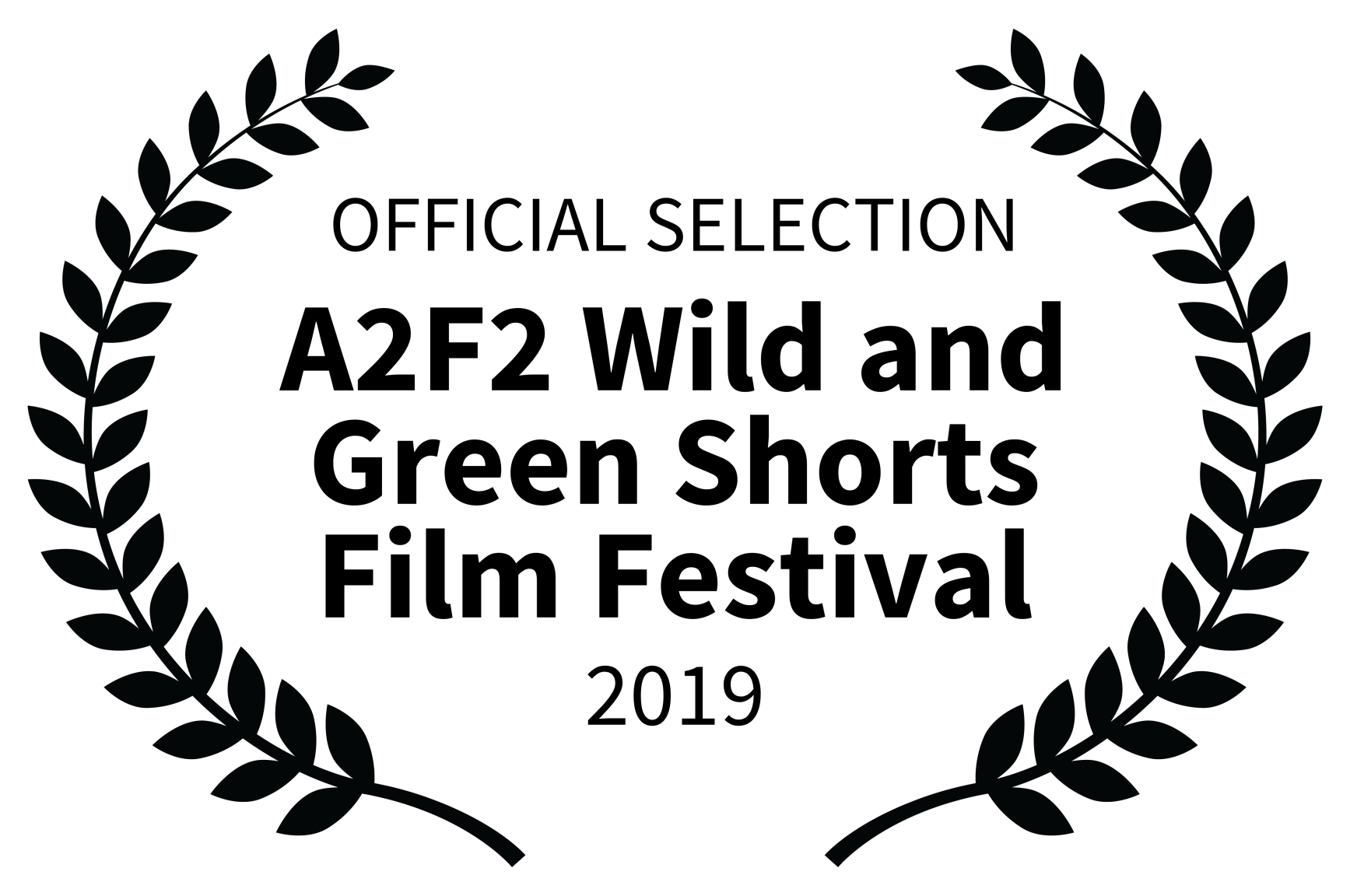The Salish Sea and Our Oceans are Getting LOUDer
The Salish Sea is getting LOUDer each year. More and more people, boats, jets, and ships pass through and over Georgia Strait, Puget Sound, and the Strait of Juan de Fuca as travel, recreation, training, and commerce continually increase across the region. Researchers in the field of Bioacoustics have documented the negative affects the increasing noise has on fish, marine mammals, birds, and people. For example, orcas have more difficulty communicating, hunting, and rearing their young in LOUD waters.
Kieran Cox and her colleagues at the University of Victoria in British Columbia conducted a meta-study of the marine bioacoustics literature and determined that “findings suggest that the majority of fish species are sensitive to changes in the aquatic soundscape, and depending on the noise source, species responses may have extreme and negative fitness consequences.” Work by Marla Holt’s research team (2008) indicates that orca whales are also also negatively impacted by boat and ship noise, a recurrent finding throughout the Bioacoustics literature on cetaceans. However, much research remains to be done on the subject. Shipping alone has caused background noise to increase “by as much as 12 decibels” according to researchers at the Scripps Institute of Oceanography.
In response, policy makers in British Columbia and Washington State are recognizing the need to reduce noise pollution in the Salish Sea. For example, the Coastal Ocean Research Institute (CORI) in Vancouver, Canada, has proposed the establishment of “acoustic sanctuaries” within which motorboats would be asked to operate more quietly and maintain greater distances from the orca. A special commission charged with proposing policy for the recovery of Southern Resident Orcas has recommended a moratorium on whale watching and the harassment of whales by motor boats. Read the full report here.
Recently the Washington Legislature as well as Canadian Agencies enacted more stringent rules in regard to whale noise and harassment by motorboats, whale watchers, and ships. Read about that here in the Seattle Times.
Jets and airplanes present an additional source of noise pollution in the Pacific Northwest. For example, in recent years the United States Navy has radically increased the number of “touch and go” training flights over the Salish Sea. The Navy’s EA-18G “Growler” jets exceed 130 decibels in areas frequented by people and wildlife, a level that can cause hearing loss and disrupt animal communication. The Citizens of Ebey’s Reserve and other health and conservation organizations in the Salish Sea region have asked the Navy to reduce jet noise in the region for sake of both people and wildlife.
Below are a few books, articles, and websites where you can learn more about noise and how it impacts human beings and wildlife. Cox et al. (2018) and Shannon et al. (2016) are particularly useful in that they bring together extensive literature from the field of Bioacoustics. The bibliography is followed by a website that presents useful information concerning noise pollution in marine environments and what people and organizations are doing about it around the Salish Sea and beyond.
Books and Articles
Cox, Kieran, Lawrence P. Brennan, Travis G. Gerwing, Sarah E. Dudas, and Francis Juanes. "Sound the alarm: A meta‐analysis on the effect of aquatic noise on fish behavior and physiology." Global change biology (2018).
Hildebrand, John A. "Anthropogenic and natural sources of ambient noise in the ocean." Marine Ecology Progress Series 395 (2009): 5-20.
Holt, Marla M., Dawn P. Noren, Val Veirs, Candice K. Emmons, and Scott Veirs. "Speaking up: Killer whales (Orcinus orca) increase their call amplitude in response to vessel noise." The Journal of the Acoustical Society of America 125, no. 1 (2009): EL27-EL32.
Shannon, Graeme, Megan F. McKenna, Lisa M. Angeloni, Kevin R. Crooks, Kurt M. Fristrup, Emma Brown, Katy A. Warner et al. "A synthesis of two decades of research documenting the effects of noise on wildlife." Biological Reviews 91, no. 4 (2016): 982-1005.
Websites
Georgia Strait Alliance’s “Drowning in Noise” page: https://georgiastrait.org/2017/06/drowning-in-noise/
“How Vessel Noise Affects Killer Whales” in the Journal of the San Juans: http://www.sanjuanjournal.com/news/how-vessel-noise-affects-killer-whales/
National Resources Defense Council’s “Ocean Noise” page: https://www.nrdc.org/issues/ocean-noise
The University of Rhode Island’s “Discovery of Sound in the Sea” page: https://dosits.org/
United Nations archive of “Peer-reviewed scientific studies on the impacts of ocean noise on marine living resources”: http://www.un.org/depts/los/general_assembly/noise/noise.htm
ACTION ALERT!
Dear Friend,
The southern resident orcas need your help! The Washington State Legislature is considering two bills to reduce vessel noise and disturbance. The bills, House Bill 1580 and Senate Bill 5577, are in jeopardy. We need everyone who cares about J, K and L pods to speak up now, before it is too late. Three things you can do:
1. CALL OR WRITE COMMITTEE MEMBERS BY 2/20
Let the legislators know that the orcas matter to you. Tell them that you want the southern resident orcas to be able to hear when they come home.
Tell them that you support distance setbacks of 650 yards for all vessels and a limited entry permitting system. These common- sense measures to reduce noise and disturbance will make it easier for the whales to find food in these next few critical years.
No matter where you are from - let the legislators know that you care about these whales, and that the eyes of the world are on them. With just 75 individuals left in the population, the whales can't wait another session, another season, another year.
The committee meets again on 2/21. Let your voice be heard. Speak up now for the orcas, before it is too late.
2. TELL A FRIEND
Share this letter. Get three friends to make some calls too!
3. JOIN OUR GROUP!
We've started an online group “SAVE THE ORCAS STOP THE NOISE” . It’s how we’ll organize our response to save the orcas. By joining the group, you’ll always know what actions are needed, see our progress, and stay up-to-date on the latest news. Please, join us now. We need you to get involved on behalf of the orcas.
Save the Orcas, Stop the Noise!
WHY IT MATTERS
The southern resident orcas are in crisis. These beloved and iconic pods have been steadily declining since 1998. With just 75 individuals left, the population is nearing its historical low size of 71.
Despite having been declared endangered for over a decade, we have not been able to stop this slide. The status quo is not working.
Three human-caused threats have brought J, K and L pods to the edge of extinction: lack of salmon, toxin accumulations, and noise and disturbance from vessels. Of these, reducing noise and disturbance is the most effective thing we can do to make it easier for the whales to find food, now.
Prolonged exposure to noise and disturbance, such as the 12+ hours experienced by the orcas in summer, reduces foraging efficiency, social cohesion and reproductive capacity.
HB 1580 and SB 5577 contain bold, precautionary measures to reduce noise and disturbance around the orcas: a suspension of whale-watching on the southern residents by all vessels for the next 3 years, and a limited entry permitting system for commercial whale-watch operators starting in 2021.
Governor Inslee supported these recommendations, which were near-unanimously supported by the Task Force on SRKW Recovery.
The bills are currently in committee. Both bills are in grave danger of not passing, or of being weakened.
We need people to speak up for the orcas now, before the committees meet again on 2/21. Tell committee members the orcas matter, and that you want them to recover and thrive for generations to come. Our insatiable desire to get close to these whales is costing them their lives, and their future. Enough!
SENATE COMMITTEE MEMBERS - SB5577
Senate Agriculture, Water, Natural Resources & Parks Committee
Van De Wege, Kevin (D)Chair (360) 786-7646
Salomon, Jesse (D)Vice Chair(360) 786-7662
Warnick, Judy (R) Ranking Member(360) 786-7624
Honeyford, Jim (R) (360) 786-7684
McCoy, John (D) (360) 786-7674
Rolfes, Christine (D) (360) 786-7644
Short, Shelly (R) (360) 786-7612
HOUSE COMMITTEE MEMBERS - HB1580
House Rural Development, Agriculture, & Natural Resources Committee
Blake, Brian (D) (360) 786-7870
Shewmake, Sharon (D)Vice Chair (360) 786-7854
Chandler, Bruce (R) Ranking Minority Member (360) 786-7960
Dent, Tom (R) Asst. Ranking Minority Member (360) 786-7932
Chapman, Mike (D) (360) 786-7916
Dye, Mary (R) (360) 786-7942
Fitzgibbon, Joe (D)(360) 786-7952
Kretz, Joel (R) (360) 786-7988
Lekanoff, Debra (D (360) 786-7800
Orcutt, Ed (R) (360) 786-7990
Pettigrew, Eric (D) (360) 786-7838
Ramos, Bill (D) (360) 786-7852
Schmick, Joe (R (360) 786-7844
Springer, Larry (D) 360) 786-7822
Walsh, Jim (R) (360) 786-7806
ALL HANDS ON DECK!
In 1976, Washington State moved boldly and courageously to protect these same pods when it stopped Sea World from capturing them. The state put the orcas first, and it worked. The pods rebounded and recovered for the next two decades.
It's our turn now, and the ball is in the committee's court.
Thank you for caring about the orcas. See you on The Whale Trail!
Orca photos by M. Sears, permit 16163-01. Thank you Mark and Maya!







